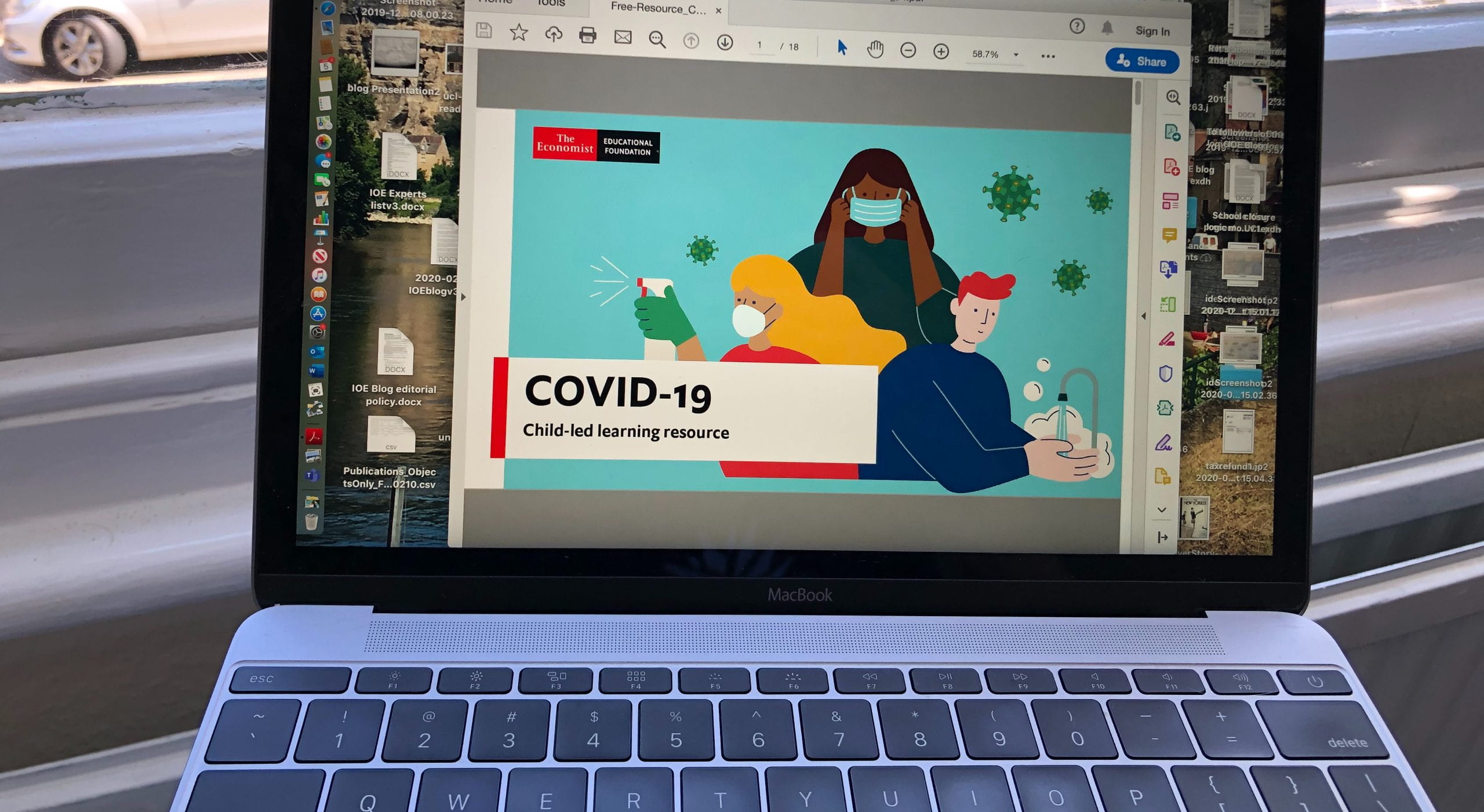Covid-19 and EdTech: a chance for HE to rethink quality of provision and equality of access
By Blog Editor, IOE Digital, on 10 June 2020
10 June 2020
COVID-19 has radically changed the way we do higher education in the space of a few months. The pandemic should surely change the way we plan the future of HE across the world, in terms of both quality of provision and equality of access.
Education acts as a force for good when the decision-makers are committed to the values of a socially just and progressive future for all. A simple expression of this is to be ‘committed to the UN Sustainable Development Goals’ – all 17 of them. They are remarkably robust and appropriate for the world’s needs in the current crisis.
To name just three:
- SDG3 is to ‘Ensure healthy lives and promote well-being for all at all ages’;
- SDG11 says ‘Make cities and human settlements inclusive, safe, resilient and sustainable’;
- SDG17 aims to ‘Strengthen the means of implementation and revitalize the global partnership for sustainable development’.
Had we carried these through more assiduously over the last five years HE in the UK would be better equipped (more…)
 Close
Close






